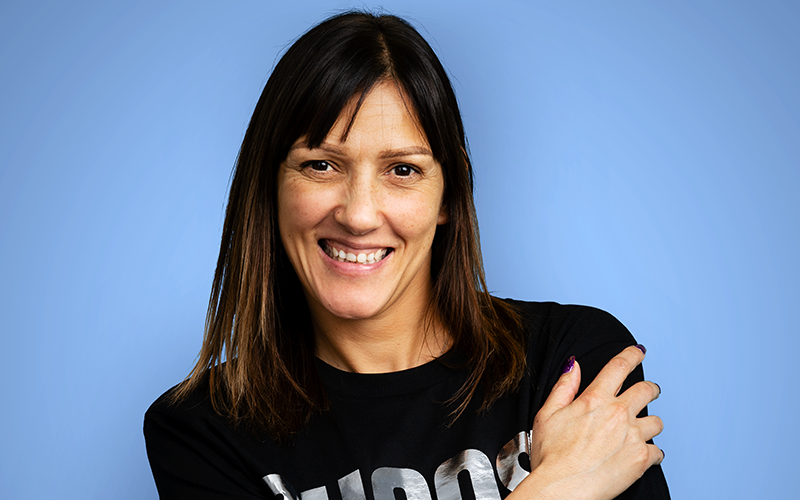Our mission at Student Circuit is to inspire and encourage the next generation of engineers, making the world a more equitable and diverse place for all. For too long, women and other underrepresented groups have faced barriers to entry and advancement in STEM industries, resulting in a lack of diversity and perspectives that are needed. It’s time to change.
International Girls in ICT Day exists to make light of gender equality and encourage young girls to pursue careers in ICT and STEM fields. By fostering a culture of equality and inclusivity, we can create a more diverse and innovative engineering community that benefits everyone. We hear from two industry experts on how to create a culture of equality and address gender imbalance in STEM.
Lydia Kothmeier, Vice President of Operations at enterprise tech Storyblok on curating a culture of equality in ICT:
“It’s really important that ICT businesses go beyond viewing gender equality and the wider diversity mandate as just another corporate box to be ticked. The reality is that it’s much bigger than that. It’s about breaking age-old biases and barriers and creating a place where every single person – be it male or female – feels equally valued, included and heard, but also giving everyone equal opportunities to succeed. For example, it doesn’t matter if we have a part-time or full-time team member or a young woman that just entered the workforce. We want to give them the chance to grow at Storyblok, involve them in interesting projects and ensure they are part of our story. Everyone is welcome to come up with suggestions, take over responsibilities or lead a team.
“For us, the right attitude and experience is much more important than working hours. Excitement, passion and curiosity isn’t something that can be quantified by figures or charts but must be lived and breathed from the top down. If your team senses a lack of authenticity, it’s likely that they will be less inclined to get on board and the impact of even the most comprehensive diversity strategy will fall to the wayside. In this way, it’s about curating a culture of equality that is not just part of your corporate strategy but deeply ingrained in your entire brand philosophy.”
Sarah Gilchriest, President of Circus Street on gender imbalance in STEM: “Despite receiving a lot of attention in recent years, the gender gap in STEM subjects remains high. Only around 35% of graduates are women – a figure that has remained largely unchanged for the past five years. When you break it down to subjects such as computer science and engineering and technology the statistics are even worse – 16% of graduates are women. The International Girls in ICT Day offers a chance to reflect on this underrepresentation and consider what more can be done to redress the balance.
“The lack of girls taking on STEM subjects is cited as the number one reason there is such a gender imbalance in the UK’s tech industry. Only one in four people who work in the startup scene are women, with the number of female tech CEOs and founders depressingly low. There is an element of chicken and egg. How can young women and other underrepresented groups see themselves pursuing careers in tech or engineering if these industries look overwhelmingly male and white? On the other hand, how can we address diversity issues if there aren’t enough qualified people?
“The lack of available women to staff these sorts of positions may well start in the classroom, with girls traditionally discouraged from entering what are perceived to be more ‘manly’ occupations and therefore less inclined to enrol in Science, Engineering, Technology and Maths (STEM) subjects. While this is slowly changing, it has impacted the ratio of females entering tech so far, for the reality is we all make incredibly important career choices, often without realising it, at a young age when we choose what subjects to study in school. So for me the answer starts at school, as we reframe how kids view STEM topics and allow these to be made more relevant, enlightening and engaging.
“But it is also important that women already in their careers shouldn’t feel held back by these early decisions. It is important to remember that there is always a second chance to develop your path in the direction you want, through upskilling or reskilling. Through offering this opportunity to employees, businesses can help to improve diversity in the sector, and consequently encourage women and other underrepresented groups to study STEM subjects with a view to working in the tech industry.”




